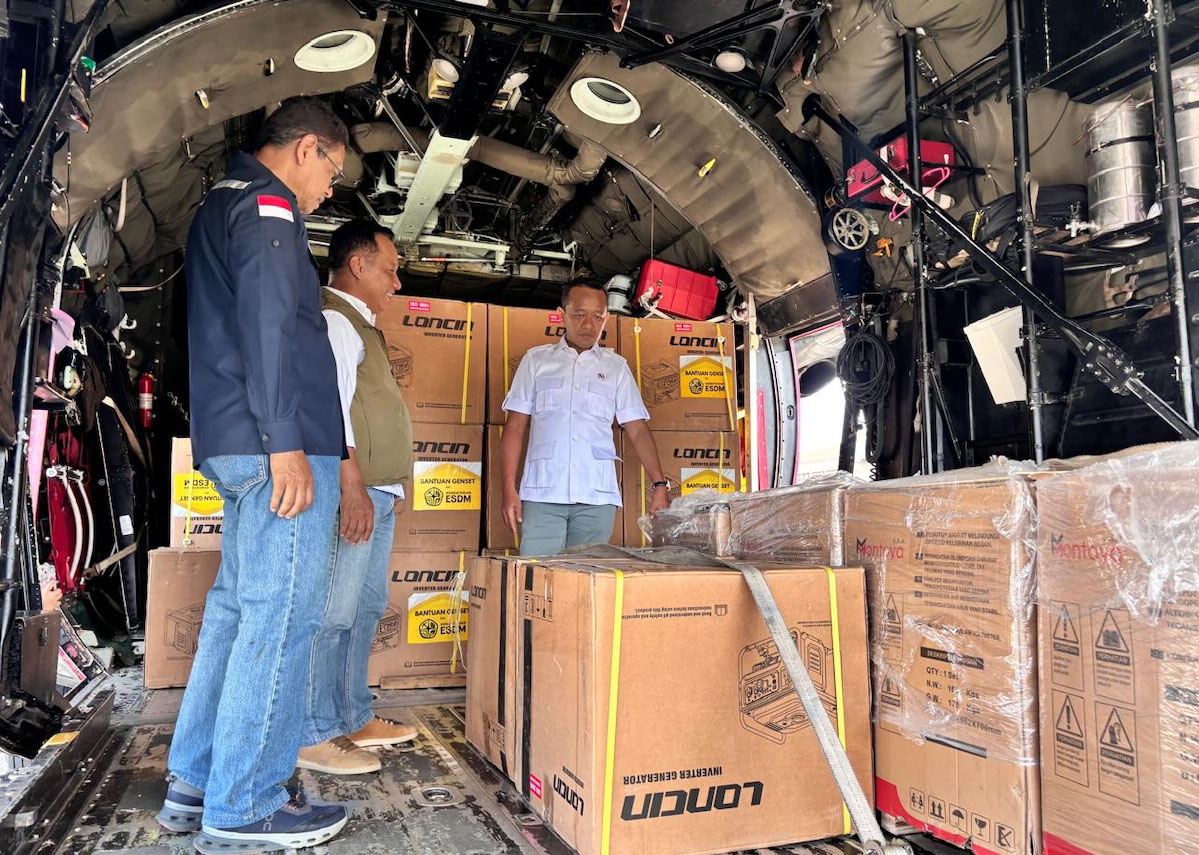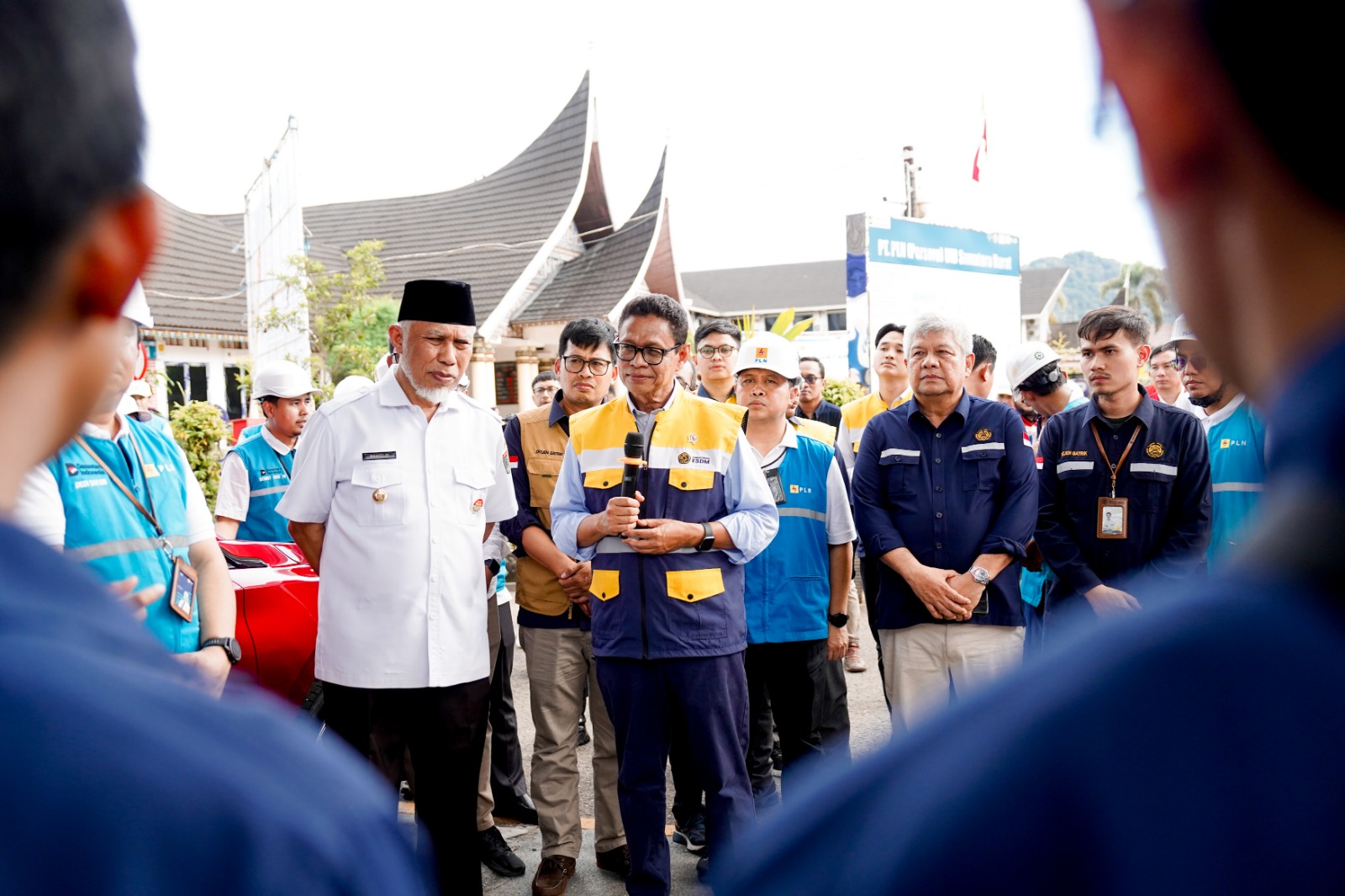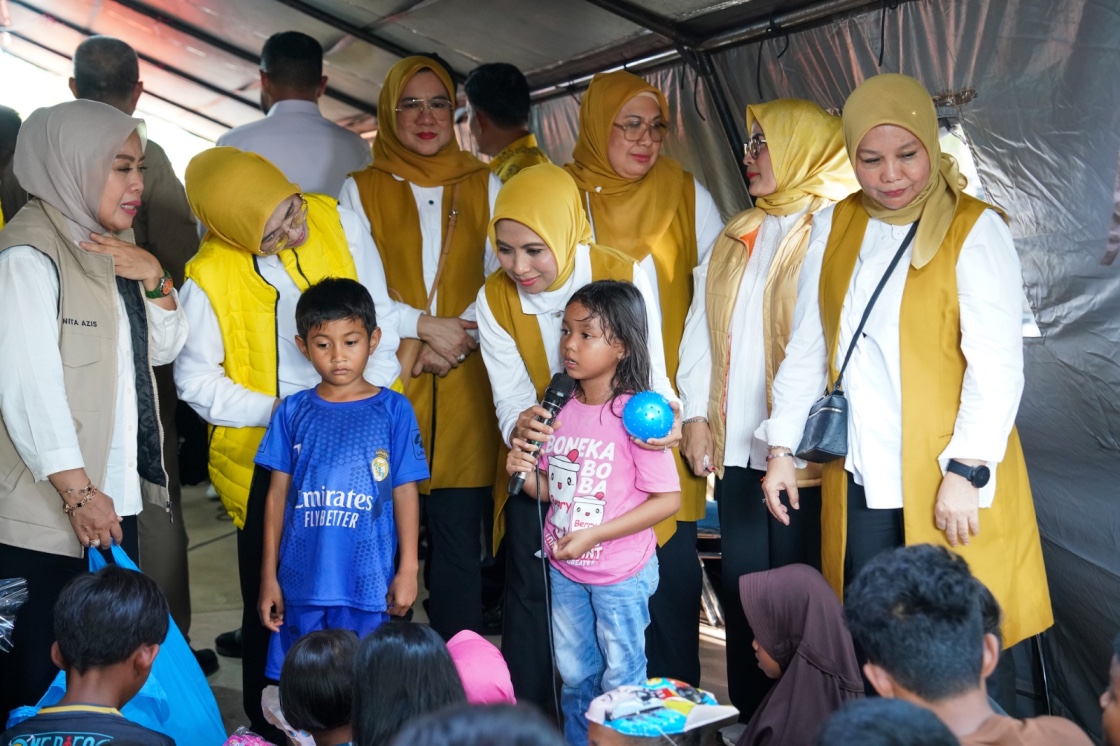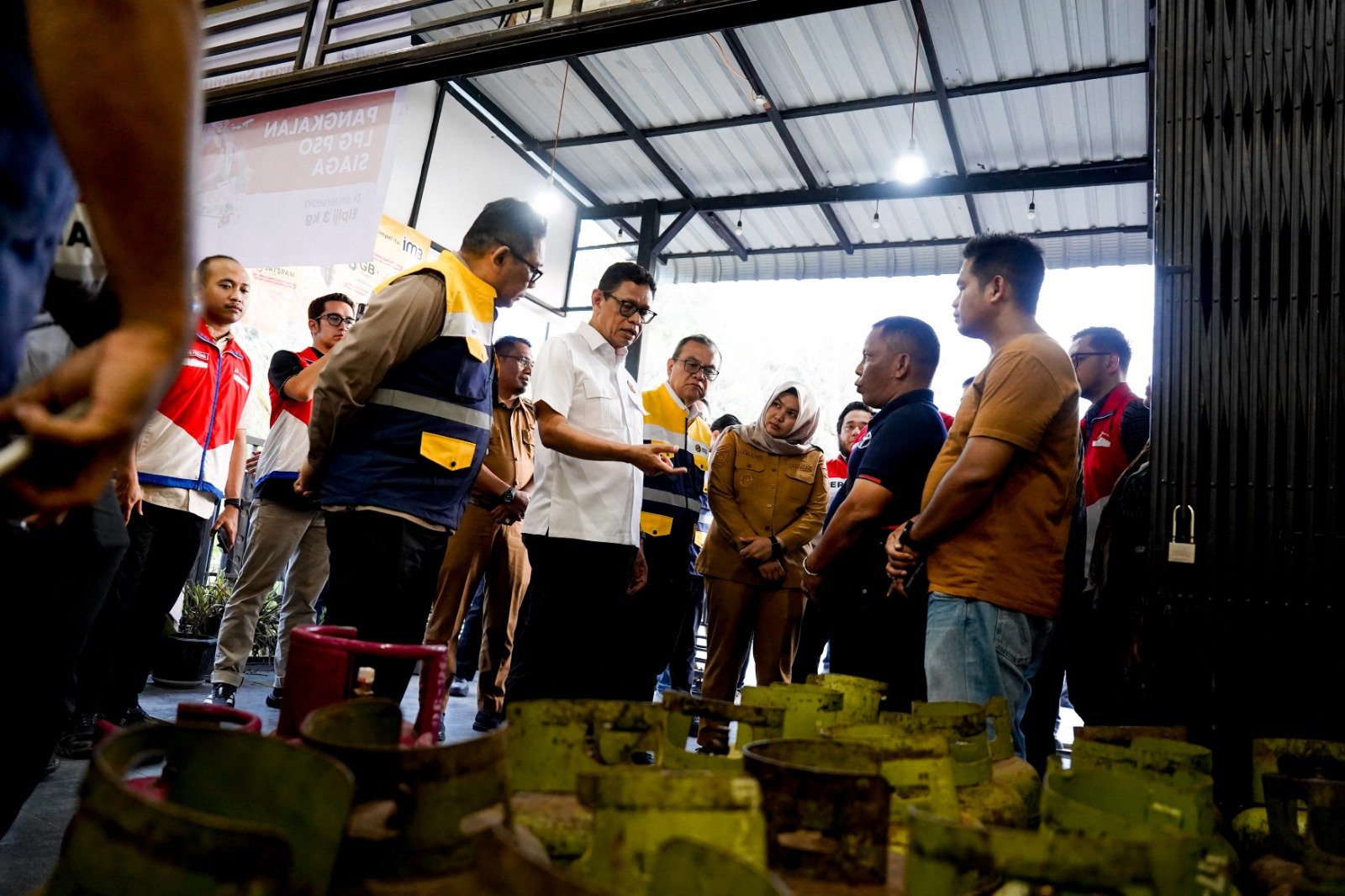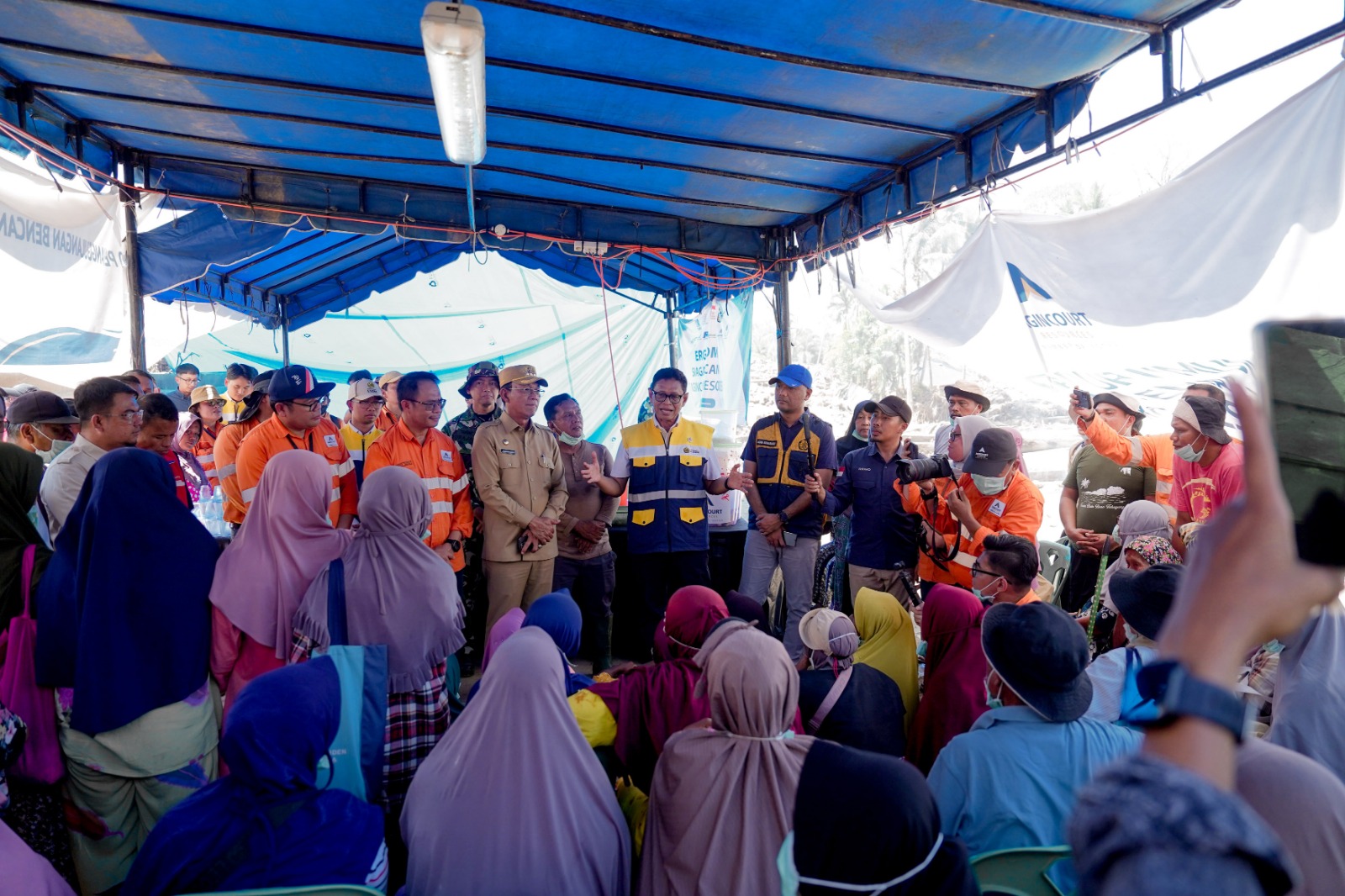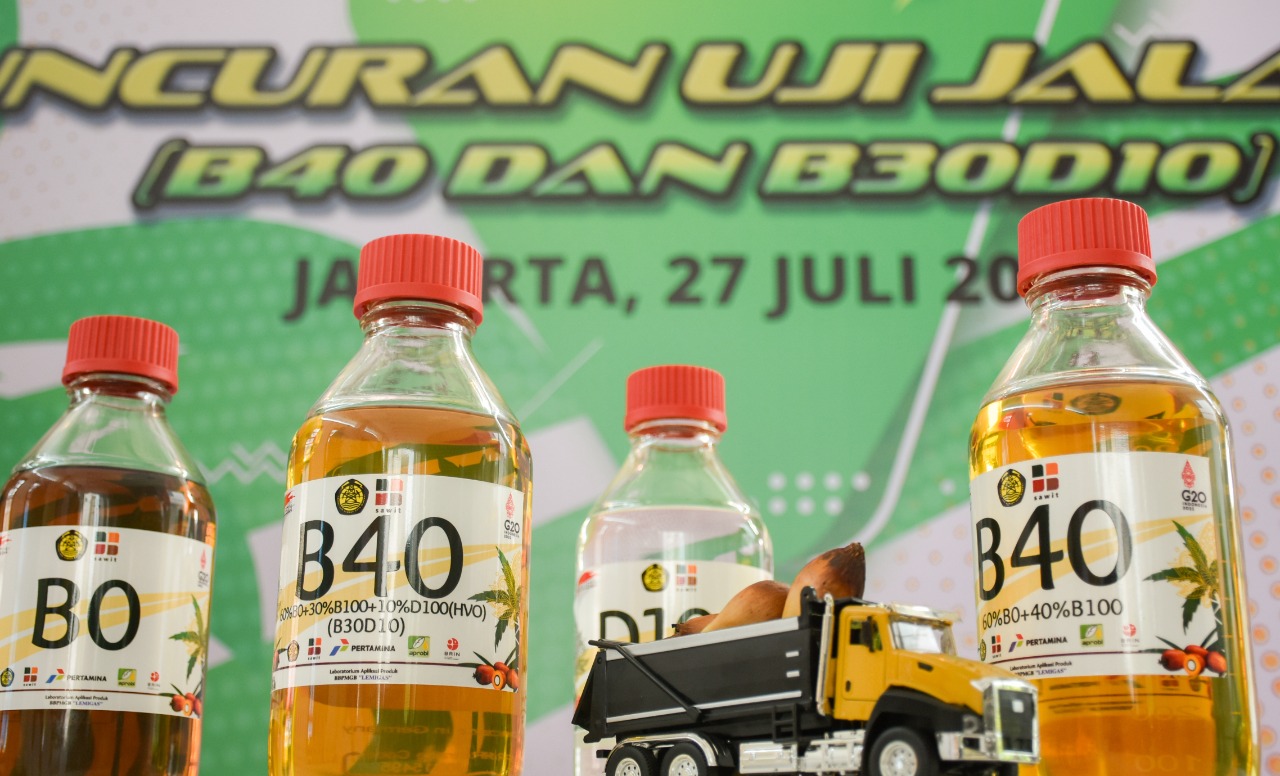How to Profit from a Used Cooking Oil Business
MINISTRY OF ENERGY AND MINERAL RESOURCES
PRESS RELEASE
NUMBER: 135.Pers/04/SJI/2021
Date: 17 April 2021
How to Profit from a Used Cooking Oil Business
Indonesian Ministry of Energy and Mineral Resources (EMR) is mapping the potential for used cooking oil as the feedstock of commercial biodiesel. Involvement of communities in collecting used cooking oil is expected to help improve community's economy in the middle of the Covid-19 pandemic.
Sub-Coordinator for Bioenergy Engineering of Ministry of EMR, Hudha Wijayanto, said that there are two key principles that must be met by the feedstock of biodiesel. First, the quality of used cooking oil must fulfil biodiesel specification standards. Second, used cooking oil must have high economies of scale and is economically viable. "If these two principles can be met, then the potential of 3 million kiloliters of used cooking oil per year can satisfy 32 percent of Indonesia's national biodiesel demand," Hudha said in Jakarta on Friday (16/4).
On the same occasion, Engagement Unit Manager of Traction Energy Asia, Ricky Amukti, underlined that treatment of used cooking oil as biodiesel fuel offers positive impacts on the environment and human health. "Used cooking oil that is disposed of carelessly will damage the environment. If it accumulates in the gutter, the used cooking oil will give off foul smell and pollute the water. If the used cooking oil is absorbed in the soil, the quality of soil will decline," Ricky said.
Ricky went on to say that biodiesel from used cooking oil will reduce the amount of carbon emissions. Based on the analysis of the Ministry of EMR, biodiesel has the potential to reduce carbon emissions by 91.7% compared to diesel. "If we make use of used cooking oil, we don't have to swap our forests for oil palm plantations, which have the potential to increase carbon emissions," he said.
Seeing the great potential of used cooking oil, a businessman from Makassar, South Sulawesi province, Andi Hilmi, has exploited used cooking oil since he was still in high school. "At that time, we developed dozens of energy diversification. However, biodiesel is the most ideal one," said Andi, who has owned an industrial-scale biodiesel business named "GenOil" before he turned 21 years old.
Andi shared some important tips to ensure a profitable business in used cooking oil, namely:
1. Make sure there is demand
When oil fuels scarcity prevented Makassar fishermen from going to sea, Andi began looking for a solution to replace fuel oils with biodiesel from used cooking oil.
"I tried to find a substitute in the form of renewable energy that fishermen could use. My principle is that our work must be in line with what is needed at the moment. At that time, biodiesel could answer the problem of fuel scarcity, a problem that can threaten our energy sovereignty in the future too," said Andi, who can have a montly turnover of around Rp200 million.
2. Create networks
Joining professional organizations, for example the Indonesian Young Entrepreneurs Association (HIPMI), will make it easier to find partners with a similar vision. "When I started the biodiesel business, my dream was to have someone who wanted to build the business together, until I finally found partners who believed in me," said Andi.
Andi has made good use of his networks after he participated in competitions in various fora, both at national and international levels. In fact, sometimes he is offered partnerships from these networks.
3. Focus on innovations
To Andi and Ricky, although very promising, the business of processing used cooking oil into biodiesel has its many challenges, for example, in terms of processing technology and the process to collect used cooking oil.
To collect supplies of used cooking oil, Andi formed the so-called used cooking-oil banks in community units as check points and jerrycan providers. This way, he can integrate the whole city. However, forming ideal banks needs a lot of money. For this reason, Andi invites large companies to work together to create used cooking-oil banks through a CSR program. Andi has so far formed used cooking-oil banks at 20 schools with 500 students, or in other words, targeting at 500 households.
Another challenge is posed by the technical side of biodiesel. The natural characteristics of used cooking oil have made it difficult to meet the quality standards of biodiesel for B30.
From the business side, Hudha explained, the locations of used cooking oil are scattered and not centralized, making it difficult to build large biodiesel processing facility to get the best economies of scale. "A good solution is perhaps to encourage the use of biofuel from used cooking oil through a direct trade scheme with end-users (a closed scheme) outside the B30 scheme which applies nationally," he said.
4. Never get tired of educating
Based on research, of the 16.2 million kiloliters of used cooking oil produced, only 3 million kiloliters were collected in 2019, while 2.43 million kiloliters were recycled for re-consumption.
The fact is that repeatedly heated cooking oil and used cooking oil which is filtered and re-used have the potential to cause various diseases, such as cardiovascular diseases, kidney diseases, and stroke.
Andi and his team have offered education about the dangers of reused cooking oil. During cooking, only 30 percent of cooking oil is actually absorbed, while the rest becomes waste. For this reason, Andi invites people to save used cooking oil. Later, the savings will be exchanged for new cooking oil so that people will only consume healthy cooking oil.
Andi has also educated fishermen, who were initially reluctant to use the biodiesel. The biodiesel color is different from the usual diesel so that the fishermen were worried their boats would be damaged. Andi ensured these fishermen that the biodiesel would not damage their ship engines, while the price was economical, too.
5. Involve the local community
Ricky said that biodiesel businesses in various cities employ local people to process and sell the finished products. For this reason, Ricky believes that the business can absorb a lot of workers.
Andi, who built his business with his five friends, recruits more than twenty former offenders to help find raw materials. He also empowers the local community to collect used cooking oil. He pays wages based on a profit-sharing system. For every kilogram of used cooking, Andi gives Rp1,000. (IY)
Head of Bureau of Communication, Public Information Services, and Cooperation
Agung Pribadi (08112213555)
Share This!

